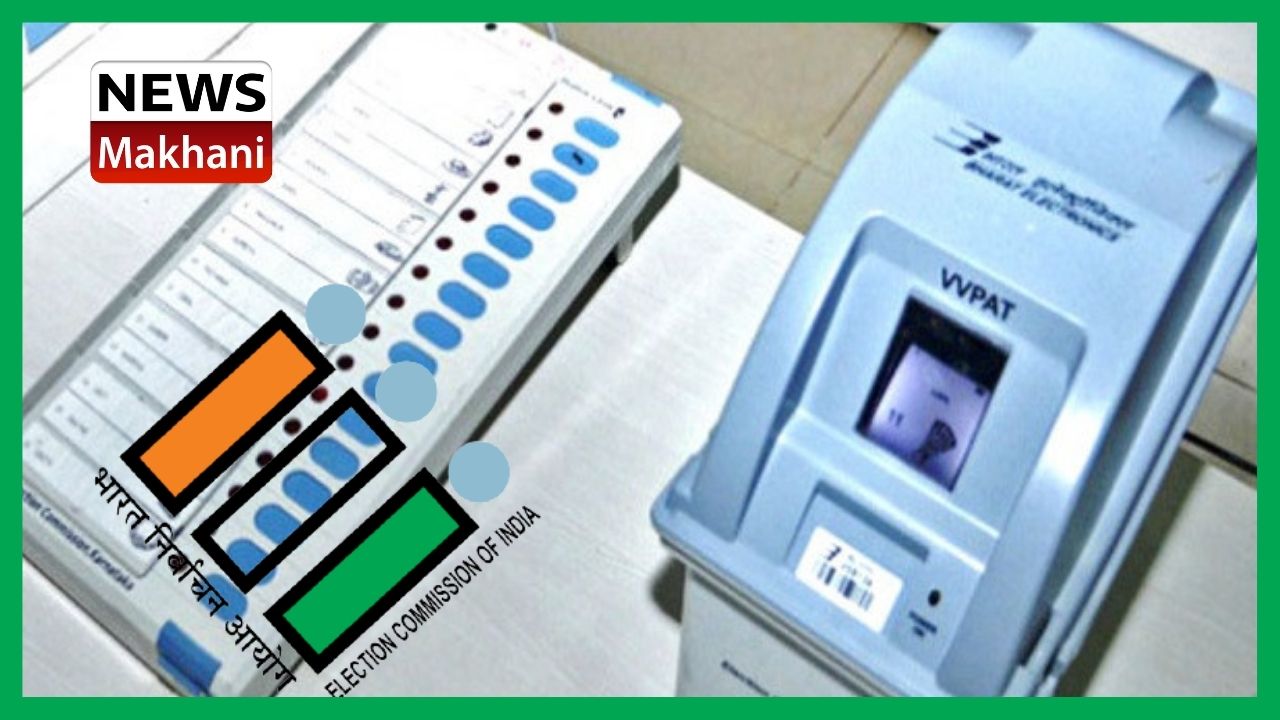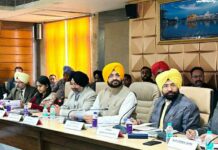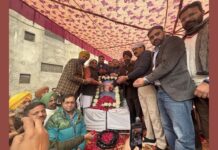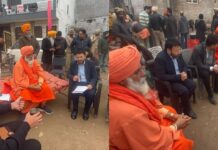Chandigarh, September 16:
In view of ensuing Assembly Elections in the state of Punjab, the Election Commission of India (ECI) today held a meeting through video conference with Deputy Commissioners –cum- District Election Officers (DEO) of all 23 to apprise them in detail about the protocol and instructions related to First Level Checking (FLC) of EVM-VVPAT.
DEOs were given firsthand account of the entire FLC process highlighting their roles & responsibilities. It was underlined that the DEOs shall be responsible for overall FLC process and shall ensure strict adherence & compliance of FLC instructions. DEO shall appoint an Addl./Dy. DEO fully trained with FLC process as FLC supervisor.
Depending on the number of EVMs and VVPATs to be checked in FLC, CEOs prepare a schedule for ELC of EVMs and ensure close involvement of political parties. Representation of all national and state level recognized political parties in the FLC process is made mandatory to ensure complete transparency.
Chief Electoral officer Punjab Dr. S Karuna Raju, Ms. Madhvi Kataraia, IAS, Additional Chief Electoral Officer, Punjab and State EVM Nodal Officer were present in the meeting.
CEO, Punjab Dr. Raju instructed to comply with the SOPs of FLC in letter and spirit and make all the necessary arrangements as per the ECI’s guidelines.
READ MORE: PUNJAB CM CONDOLES PASSING AWAY OF FORMER STATE ELECTION COMMISSIONER CL BAINS
All critical aspects of FLC were discussed such as infrastructural facilities and arrangement of Web-casting/CCTVs/videography. It was also highlighted that the feed of webcasting is to be closely monitored at the Control Room at DEO and CEO level and the report is required to be submitted to ECI. FLC shall be carried out in a large, well-lit, well ventilated hall with single entry & exit point.
The Election Commission of India sends an inspection team comprising of officers of ECI and CEO, along with engineers of the manufacturers to inspect the FLC hall and preparedness of FLC, 3-5 days before the start of FLC. DEOs are required to assess the preparedness first hand and make surprise checks on regular basis.

 हिंदी
हिंदी






